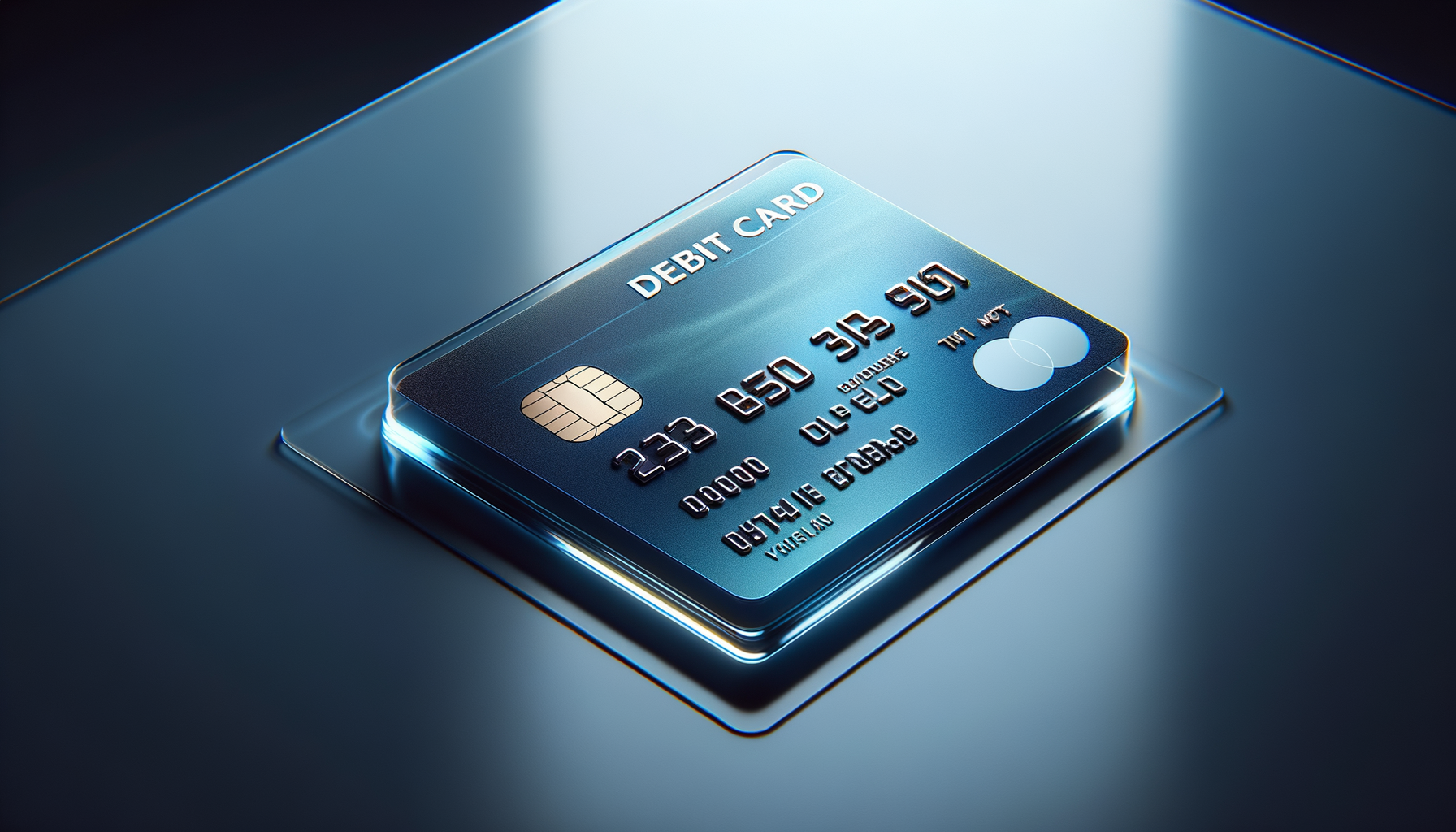Debit Card Options: Explore various debit card options available for everyday transactions, focusing on features such as security, ease of use, and accessibility. These cards provide a convenient way to manage finances without the risks associated with credit cards, allowing users to spend within their means while enjoying the benefits of electronic payments.

Introduction to Debit Cards
In today’s fast-paced world, managing finances efficiently is crucial. Debit cards have emerged as a popular tool for everyday transactions, offering a convenient and secure way to access funds directly from one’s bank account. Unlike credit cards, debit cards help users maintain control over their spending by allowing them to use only the money they have, thus avoiding the pitfalls of debt accumulation. This article delves into the various aspects of debit cards, highlighting their features, benefits, and the diverse options available to consumers.
Key Features of Debit Cards
Debit cards are equipped with a range of features that enhance their functionality and user experience. One of the primary features is security. Most debit cards come with embedded EMV chips, which provide an added layer of protection against fraud. Additionally, many banks offer real-time alerts for transactions, allowing users to monitor their spending closely.
Another significant feature is the ease of use. Debit cards can be used at millions of locations worldwide, including ATMs, retail stores, and online platforms. This widespread acceptance makes them a versatile tool for both domestic and international transactions. Furthermore, the process of using a debit card is straightforward, typically involving a simple swipe or insertion of the card followed by entering a PIN for verification.
Accessibility is also a noteworthy feature. Debit cards are linked directly to a user’s bank account, providing instant access to funds without the need for carrying cash. This accessibility is particularly beneficial in emergencies or situations where immediate payment is required.
Benefits of Using Debit Cards
There are several benefits associated with using debit cards. Firstly, they promote responsible spending. Since debit card transactions are deducted directly from the user’s bank account, they prevent overspending and help users stay within their financial limits.
Debit cards also offer convenience. They eliminate the need to carry large amounts of cash, reducing the risk of loss or theft. Moreover, many debit cards come with additional benefits such as cashback offers, discounts, and rewards programs, enhancing the overall value for users.
Another advantage is the ability to track expenses effortlessly. Most banks provide detailed statements of debit card transactions, allowing users to monitor their spending patterns and manage their budgets effectively. This feature is particularly useful for individuals looking to improve their financial literacy and control their finances more efficiently.
Exploring Debit Card Options
The market offers a variety of debit card options tailored to meet different needs and preferences. Some cards are designed for frequent travelers, providing benefits like travel insurance and access to airport lounges. Others cater to students, offering features such as no annual fees and discounts on educational supplies.
Many banks also offer premium debit cards with enhanced features such as higher withdrawal limits, access to exclusive events, and personalized customer service. These cards are typically aimed at high-net-worth individuals who require additional privileges and services.
When choosing a debit card, it is essential to consider factors such as fees, interest rates, and additional benefits. Comparing different options can help users select a card that aligns with their lifestyle and financial goals.
Conclusion: Making the Most of Your Debit Card
Debit cards are an indispensable tool in modern financial management, offering a secure, convenient, and efficient way to manage everyday transactions. By understanding the features and benefits of debit cards, consumers can make informed decisions and choose options that best suit their needs.
Whether you are a frequent traveler, a student, or someone looking to manage your finances better, there is a debit card option available for you. By exploring these options and utilizing the features effectively, you can enjoy the benefits of electronic payments while maintaining control over your spending.
In conclusion, debit cards provide a practical and responsible way to handle finances, making them a valuable addition to any wallet.
